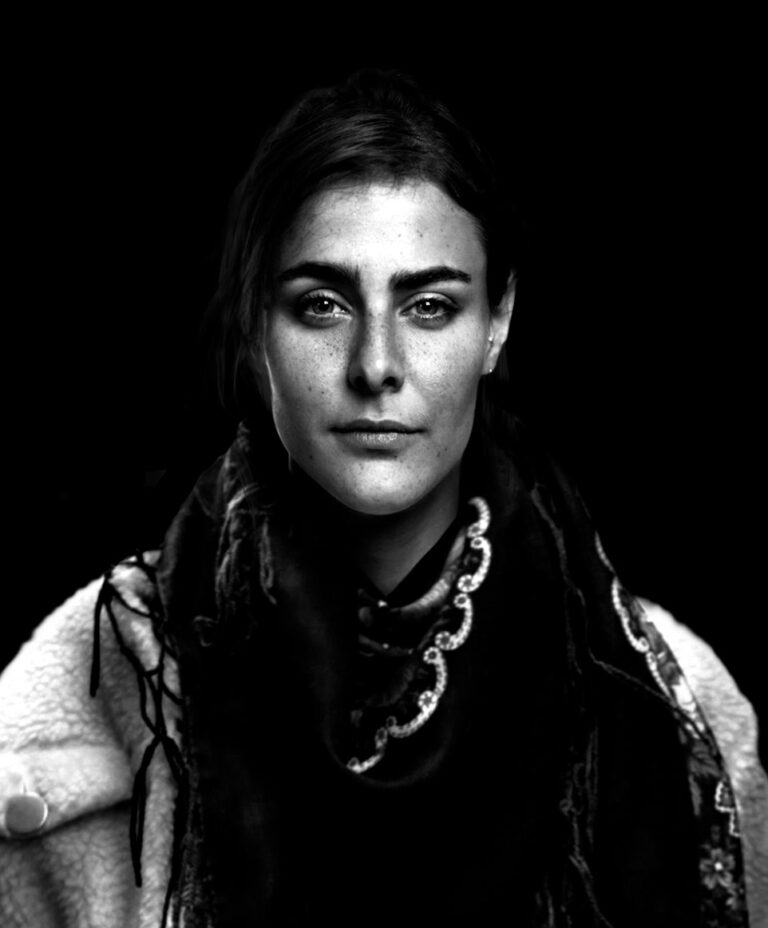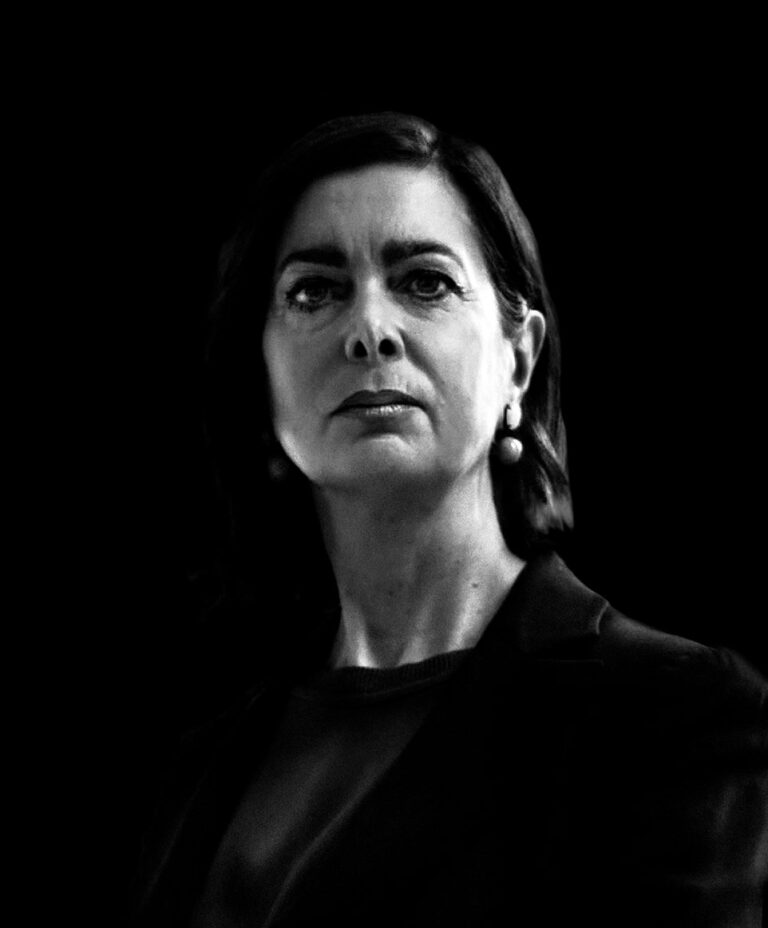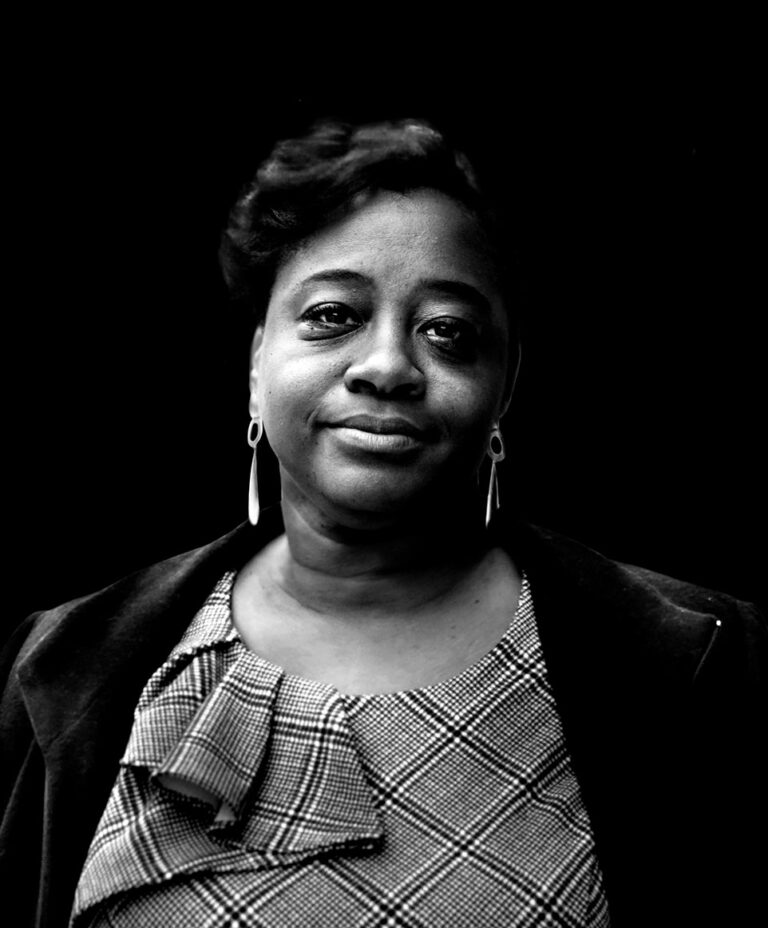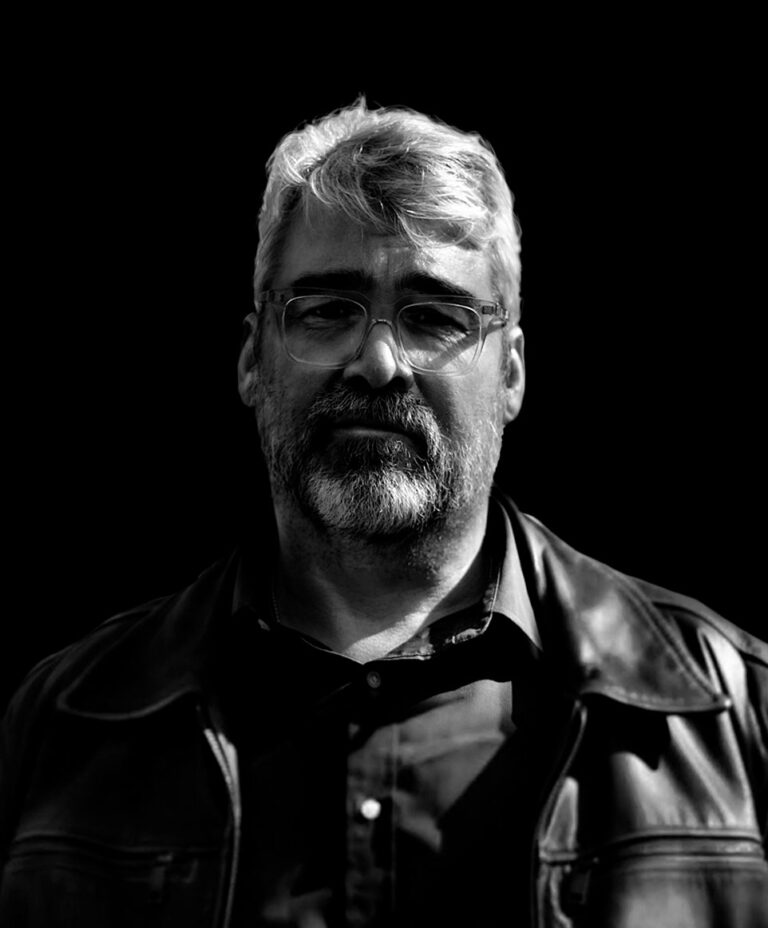
Marion Seclin
her story
French actress, author and YouTuber Marion Seclin has received over 40 000 hateful messages after posting a video condemning street harassment.
Since then, she has received insults, rape threats, and death threats on a daily basis. Still, she continues to be vocal in the public arena that is the internet. She uses the platforms that others have weaponized to share her message and raise awareness among users.
We follow her in her struggle to make the big players of Silicon Valley change their practices and protect their users. In front of the camera, she challenges YouTube, demanding that the site be held accountable.


Laura Boldrini
her story
President of the Chamber of Deputies between 2013 and 2018, Laura Boldrini is the most cyberharassed woman in Italy.
Ever since she took office, the female politician has received rape threats and death threats by the thousands. These insults often come from male politicians who sit with her in parliament, including Matteo Salvini, leader of the populist party Northern League.
A fierce critic of Facebook’s inaction when it comes to dealing with the spread of online hate, Laura Boldrini fights for the adoption of European laws to adequately oversee all social media platforms. She is trying to implement a bill that would impose harsh fines on social media that allow hateful messages to be posted and shared on their platforms.


KIAH MORRIS
her story
Vermont State Representative Kiah Morris was first elected in 2014. As the only Black female member of the House, she served her community for two consecutive terms, but had to resign in 2018 following months of online harassment. She is the target of a group of alt-right men who have been sending her hateful messages and even death threats.
She went to the police, but nothing could stop the tsunami of digital misogyny. The violence against Kiah quickly escalated, moving from the digital world to the physical world: swastikas were carved on trees on her property, someone broke into her house, her young son witnessed his mother receiving a death threat.
Faced with an unbearable dilemma, she had to make a choice and step down from her role. Still, she refuses to be silenced and demands that the justice system protect her and all women.


GLEN CANNING
his story
Father of Rehtaeh Parsons, he is an indirect victim of online misogyny. In 2013, his daughter committed suicide following the sharing of photos of her rape and months of harassment.
“It was hatred on social media that killed Rehtaeh” says Glen. “Even after she changed school, the images and the misogynistic comments followed her everywhere. She couldn’t escape it.”
Rehtaeh’s story shocked the world, but her tormentors remain unpunished. Five years after the tragedy, Glen, a broken man, tries to piece his life back together. He wants to understand why the justice system failed him and his daughter. Are we living in a world of rape culture? That’s exactly what the army veteran believes. As a public speaker in high schools, Glen Canning now dedicates his life to educating young men about the crucial importance of consent.


Laurence Gratton
her story
Laurence Gratton is a young teacher in an elementary school in Montreal. For the past five years, she has been harassed by a former colleague. While she was still in university, she began to receive hateful messages coming from accounts which she believed belonged to classmates. As the years went by, the messages kept coming. In fact, the situation got worse: she received rape threats and death threats, and her identity was stolen to create an account on a dark web porn site.
The young woman is not alone: over 40 women have been targeted by the same perpetrator. Overcoming her fear, Laurence denounces these attacks and demands that the police protect her adequately and give her support as she seeks justice.

DONNA ZUCKERBERG
A classicist from Princeton University, she is unequivocal: “Social media have elevated misogyny to an unprecedented level of violence.” In her recent book Not All Dead White Men: Classics and Misogyny in the Digital Age, she exposes the connections between misogynist movements and the Right.
From the University of California, Los Angeles, she shares her knowledge of the inner workings of social media and the companies that profit from the hatred shared on their platforms.
Laurence is a professor of linguistics at the Université Libre de Bruxelles. Her research is focused on tracing the etymology of insults against women over the centuries.


“The TELUS Fund is proud to have participated in the financing of the documentary, Backlash: Misogyny in the Digital Age, and the website.
This project is well-aligned with the TELUS Fund’s mandate to promote the health and well-being of Canadians.”
– Elizabeth Friesen, Executive Director, TELUS Fund
Official website of the film Backlash: Misogyny in the Digital Age.
All rights reserved © 2022 – La Ruelle Films





